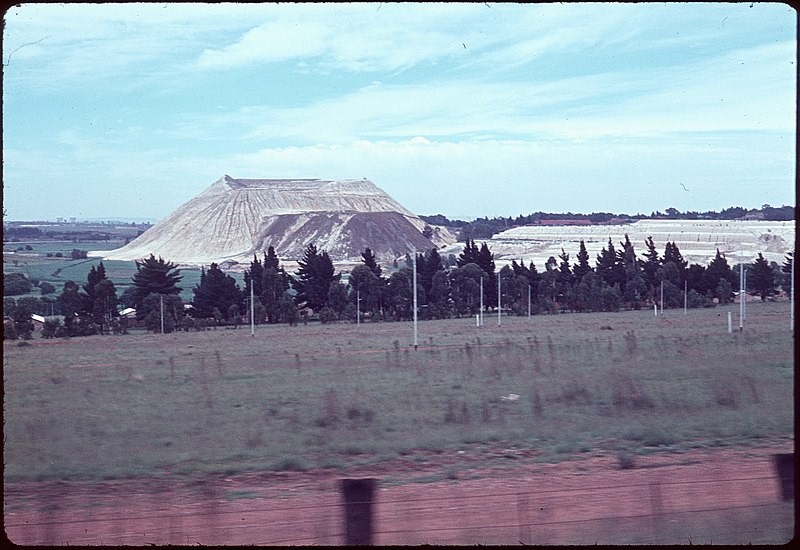Call for papers for a conference on 15-16 May 2023 in Pretoria
Dates: 15-16 May 2023
Location: Pretoria
Submission deadline: 21 December 2022
In places such as the Witwatersrand, the Zambian Copperbelt, and the Niger Delta mining and oil drilling have long histories. The discovery of gold in 1886 spurred the foundation of Johannesburg, giving the metropolis its isiZulu name eGoli, ‘place of gold’. In the decades since, gold mining transformed environments, as Nobel prize winning author Nadine Gordimer captures: ‘the Witwatersrand created its own landscape out of waste and water brought from underground in the process of deep-level mining’ (Goldblatt and Gordimer, On the Mines, 2012).
Anthropologists, historians, geographers, and political scientists have produced excellent studies of resource extraction in African localities, focusing on issues of labour, social change, politics, and much more (e.g. van Onselen, 1982; Adunbi, 2015; Larmer, 2021). Remarkably, though, the environmental changes accompanying mining and oil drilling have received relatively little attention. This conference centres on how people have learned to live with the environmental transformations induced by resource extraction across Africa. How did those living around mines and oil wells make sense of suffocating air pollution and the high prevalence of cancers? Why did some protest through NGOs, while others responded by shifting their tomato garden to avoid toxic emissions?
This will be the first conference organised by the European Research Council funded project AFREXTRACT, ‘Environmental Histories of Resource Extraction in Africa: Understanding Cultural and Political Responses to Environmental Transformation’. We are interested to bring together interdisciplinary scholars, artists, and activists interested in questions of environmental change, lived experiences, cultural expressions, and political responses in African localities of resource extraction.
Contributions might address some of the following questions:
- How can we document lived experiences of environmental transformation and forms of ‘slow violence’ in our research (Nixon, 2013)
- Which methodologies are suitable to studying lived experiences of environmental change (e.g. oral history, literary analysis, ethnomusicology, political ecology)? What are the potentials and limitations of these methodologies?
- How do people make sense of environmental transformation through cultural expression (music, literature, poems, art)?
- In terms of political responses, how can we document ‘varieties of environmentalism’ (Guha and Martinez-Alier, 1997) which go beyond a binary between protest and resignation?
- Which questions do decolonial approaches to the environmental humanities in Africa raise?
We explicitly welcome contributions that go beyond these questions and speak to the conference’s themes from a different perspective.

Please send in an abstract of max. 250 words, to: h.j.heath student.rug.nl , by Wednesday 21 December 2022 if you are interested in presenting at the conference. We will inform you by mid-January 2023 whether your abstract has been selected.
This conference will be held on 15-16 May 2023 in Pretoria, South Africa (exact location t.b.c.). This conference receives organisational support from the University of Pretoria’s African Observatory for Environmental Humanities, hosted in the Centre for the Advancement of Scholarship. The project can provide accommodation and subsistence, but participants should cover their own travel costs to/from Pretoria (if this raises problems, please indicate this when submitting your abstract).
Organising team: Iva Peša, Tholithemba Ndaba, Theresa Atutu, and Hannah Heath (University of Groningen)
| Last modified: | 21 November 2022 4.32 p.m. |
More news
-
04 July 2025
University of Groningen awards various prizes during Ceremony of Merits
The UG awarded different prizes to excellent researchers and students during the Ceremony of Merits on 4 July 2025.
-
02 July 2025
Relinde Weil reappointed as a member of the Supervisory Board UG
The Minister of Education has reappointed Relinde Weil for a second term as a member of the Supervisory Board of the University of Groningen.
